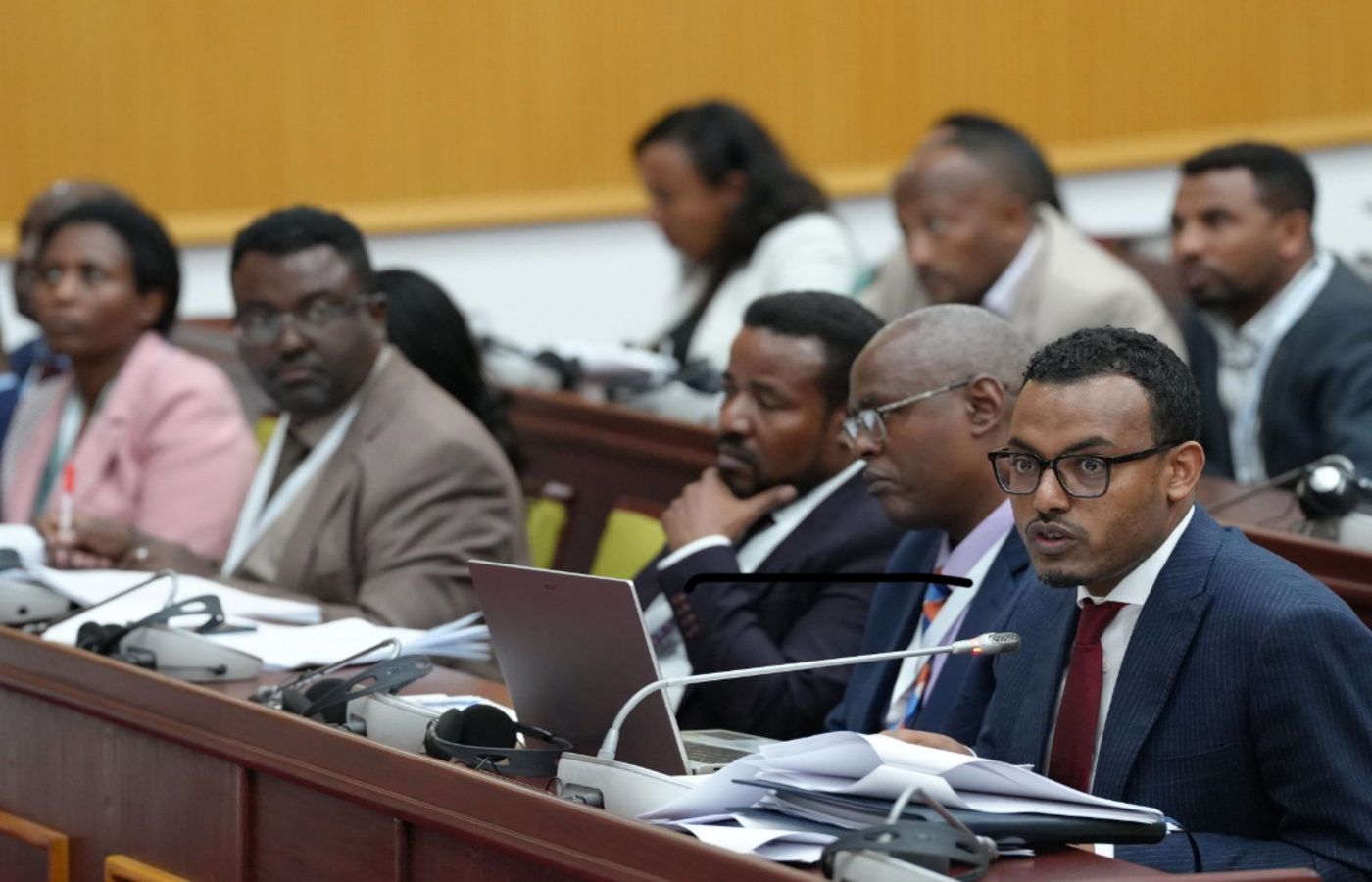The National Bank of Ethiopia (NBE) hosted the International Monetary Fund (IMF) research team that prepared the World Economic Outlook report. The visit comes as Ethiopia eagerly awaits the finalization of the financing program it requested from the Fund.
The central bank hosted technical discussions with visiting International Monetary Fund (IMF) researchers, though it did not disclose specifics of the meetings. However, photos shared by NBE on LinkedIn showed IMF researchers presenting information on Ethiopia's current economic standing compared to global and regional peers.
The IMF report, produced by the researchers, notes an improvement in Ethiopia's public debt ratio, which is forecast to decline from 54% of GDP in 2021 to 38% of GDP by the end of 2023. The country's external debt ratio is also expected to improve over the same period, falling from 29% to 18% of GDP.
Another IMF team visited Ethiopia two weeks ago to finalize key aspects of the country's requested financing program and ongoing debt restructuring efforts.
Ethiopia relies on the IMF to complete its debt sustainability analysis report. This will determine how much of Ethiopia's debt is at high risk of default and requires restructuring under the debt relief program. The restructuring can only proceed once the IMF assessment is finalized.
The World Economic Outlook report projections provide optimism around Ethiopia's economic growth and improving debt metrics.
Presenting findings from their latest World Economic Outlook report, the IMF team shared projections of robust 6.1% growth for Ethiopia in 2023.
This upbeat forecast far exceeds estimates for other regions. Global growth is pegged at a tepid 3%, while oil exporters face sluggish 2.6% expansion. Oil importers and Sub-Saharan African nations will also lag behind Ethiopia's pace.





